As the world observes the seventh anniversary of the mass displacement of Rohingya refugees, the UN Refugee Agency is urging the international community to maintain its commitment to supporting and protecting nearly one million Rohingya who have sought refuge in Bangladesh, as well as to find solutions to end their ongoing crisis.
"We appeal for ongoing international solidarity through consistent financial support so that Rohingya refugees can eventually return to Myanmar with safety, dignity, and full rights," stated UNHCR spokesperson Babar Baloch in Geneva, during a briefing marking seven years of the crisis.
The spokesperson emphasized the urgent need for assistance and long-term support for the refugees, highlighting that 52% of the refugee population is under 18, with many born in asylum or having spent their early years in refugee camps.
In 2024, humanitarian agencies have requested $852 million to assist approximately 1.35 million people, including Rohingya refugees and local Bangladeshis in neighboring communities. However, this appeal remains significantly underfunded.
Due to funding shortfalls, humanitarian efforts to support both refugees and host communities in Bangladesh have been severely constrained. Consequently, food rations were reduced in the first half of 2024, healthcare centers are facing shortages of medical staff, specialized equipment, and medicines, and there has been a decline in water quality, leading to outbreaks of cholera and hepatitis. Additionally, vocational training and income-generating opportunities have diminished, according to the spokesperson.
On August 25, 2017, approximately 700,000 Rohingya men, women, and children were forced to flee Myanmar, seeking refuge in Bangladesh. The generous assistance provided by Bangladesh and the international community has been crucial in meeting the refugees’ basic needs and ensuring their protection.
In Myanmar's Rakhine state, the escalating conflict has further deteriorated conditions for the Rohingya, with internal displacement now at an all-time high of over 3.3 million people across the country. Among them, at least 128,800 individuals are displaced in northern Rakhine, specifically in Buthidaung, Rathedaung, and Maungdaw Townships.
The ongoing conflict can be heard by Bangladeshi communities living near the border, according to UNHCR. As the fighting in Myanmar continues, UNHCR is closely monitoring the situation at the border, providing life-saving assistance, and advocating with the Bangladesh authorities to ensure asylum access for civilians fleeing Myanmar.
The UNHCR emphasizes that a dignified, voluntary, and sustainable return to Myanmar remains the primary solution to this crisis and calls on the international community to demonstrate the political will to make this possible.
UNHCR also acknowledged the renewed commitment to the refugees made by Dr. Muhammad Yunus, Chief Advisor of Bangladesh’s interim government, on August 18.
Bangladesh is simultaneously dealing with catastrophic flash floods affecting millions of its citizens. In response, UNHCR has immediately provided water purification tablets, hygiene kits, jerrycans, and tarpaulins from its existing humanitarian stockpiles to support communities hosting refugees. Additionally, two inflatable rescue boats have been deployed in Feni, southeastern Bangladesh. The country should not be left to manage this crisis alone, the spokesperson stressed.
The UNHCR calls for more systematic and sustained global support for countries like Bangladesh, which are increasingly vulnerable to extreme weather conditions and natural disasters exacerbated by climate change.
"We urge donors and private sector actors to step up their funding for the Rohingya refugee response in a timely manner. Without sustained financial backing, including addressing the needs of new arrivals, a broader humanitarian crisis may be on the horizon. The Rohingya people deserve our support, as do the generous people of Bangladesh."
END/MSS/



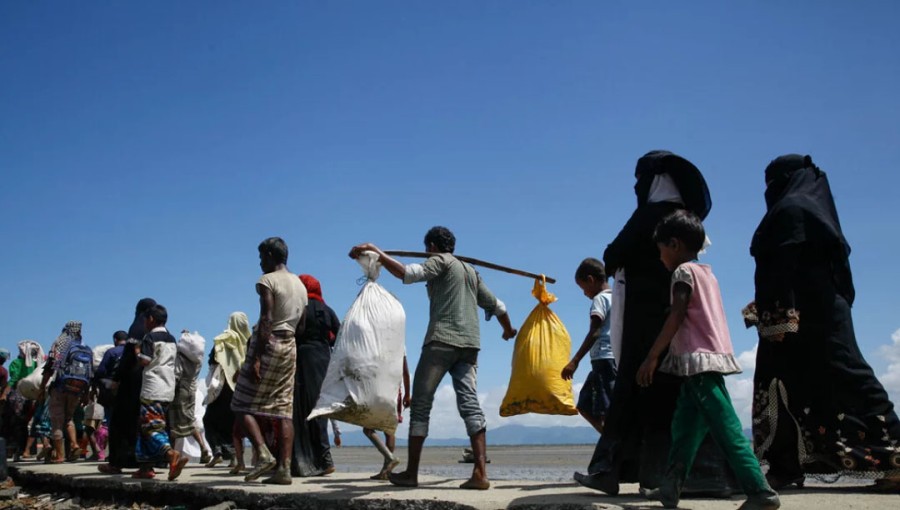
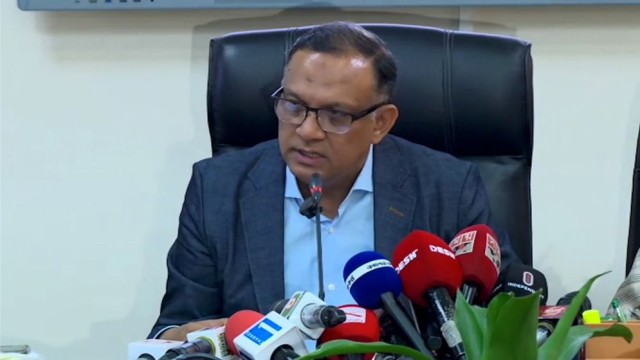
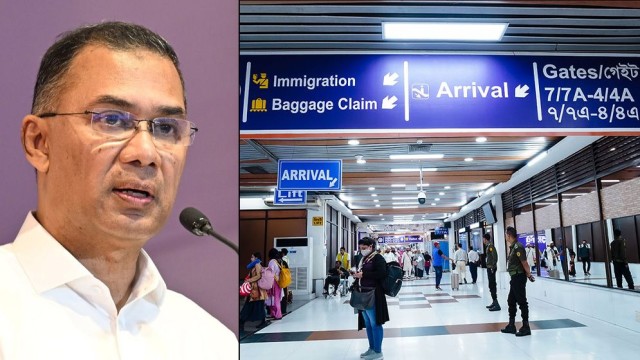

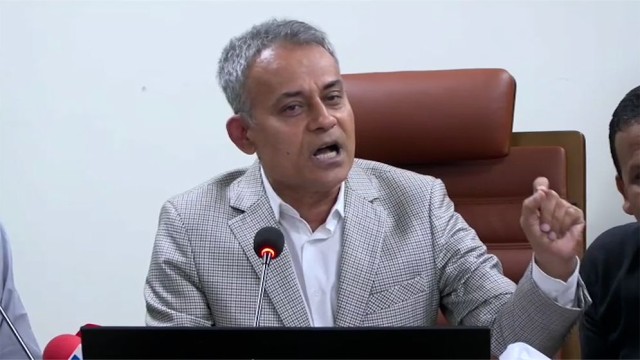
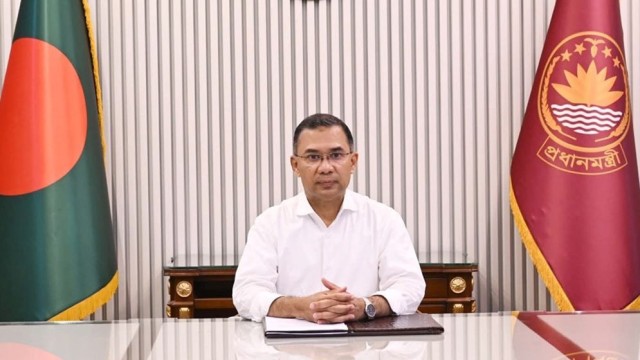
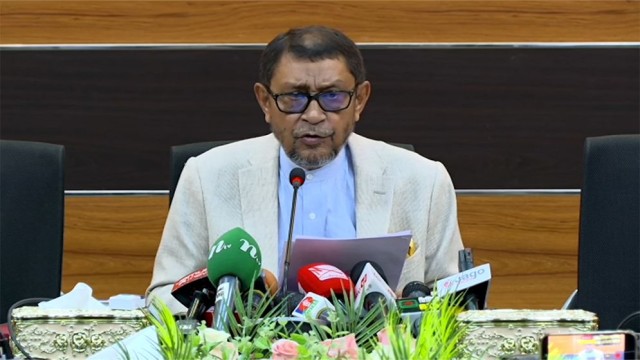
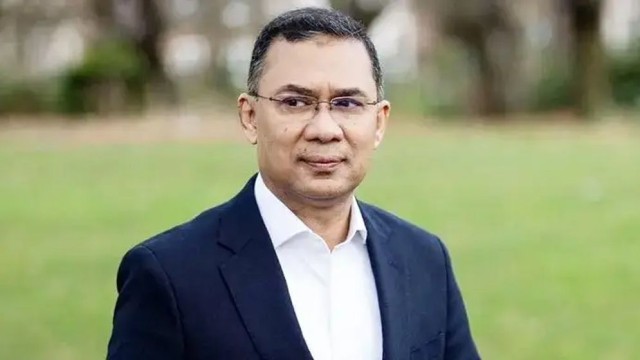


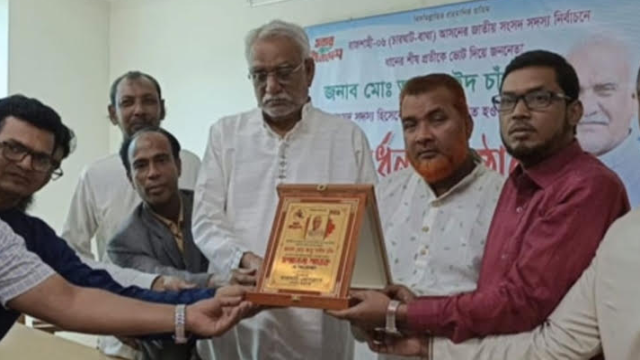
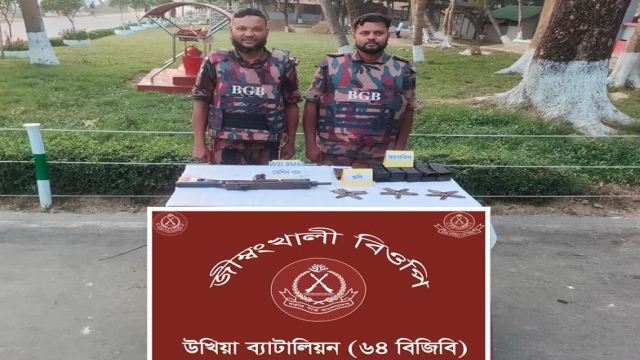
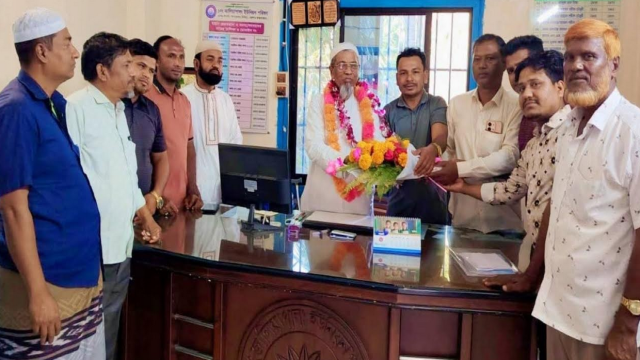
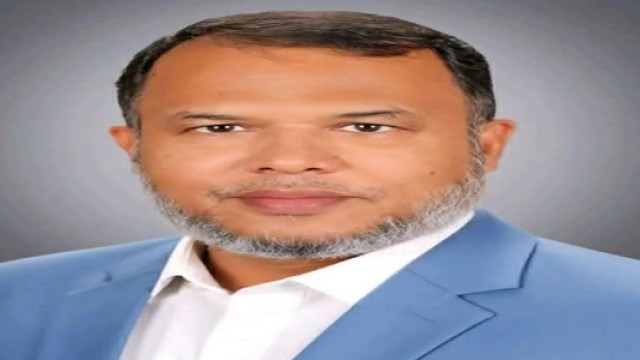

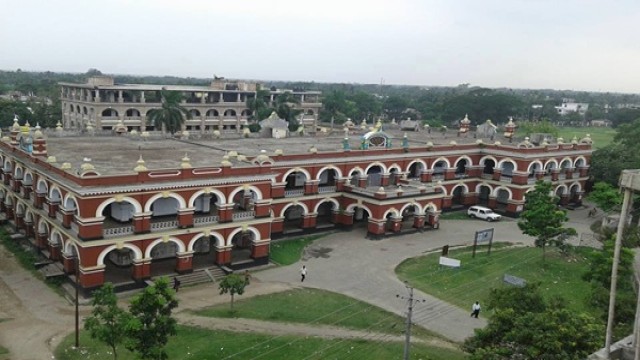




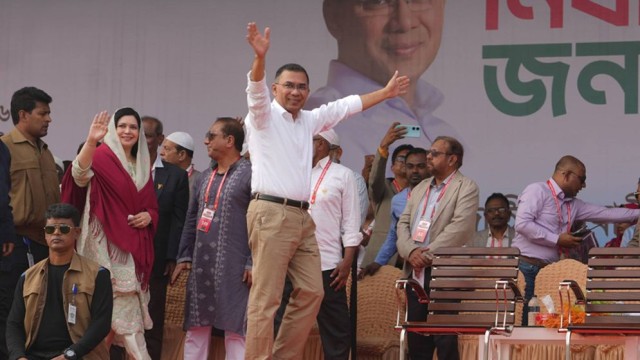

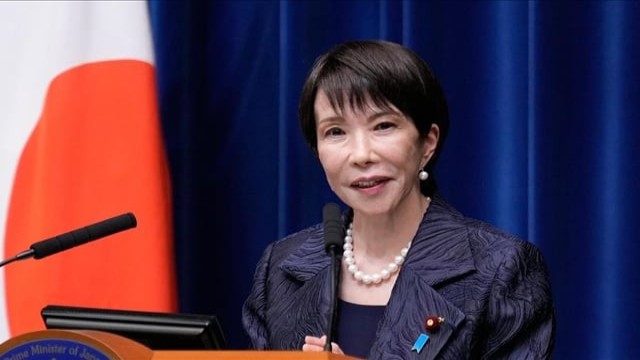
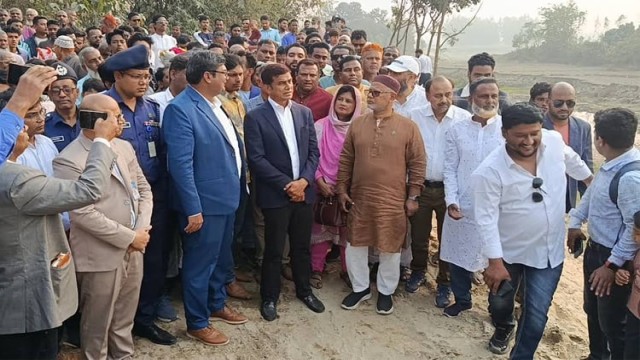
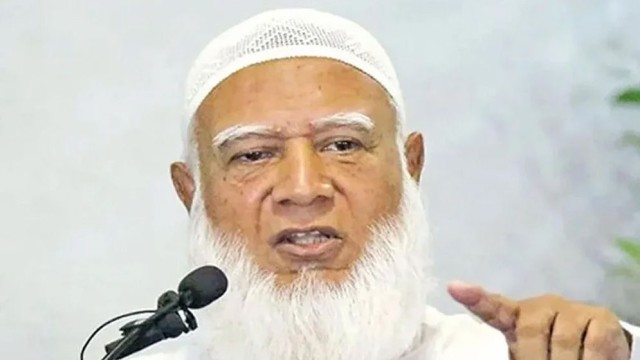
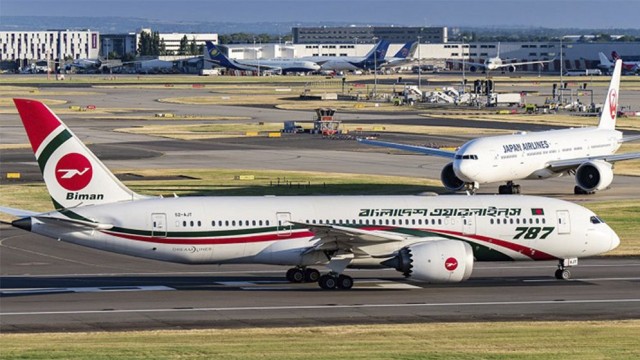
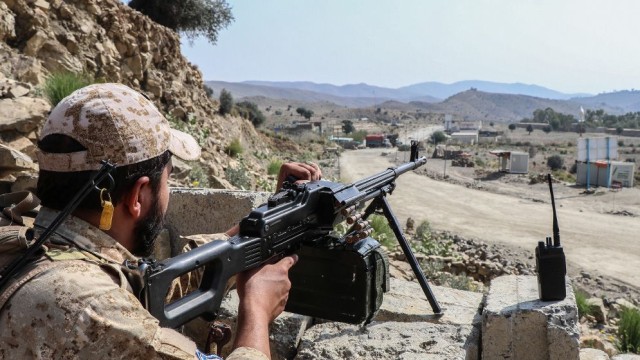

Comment: